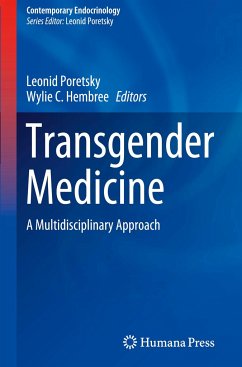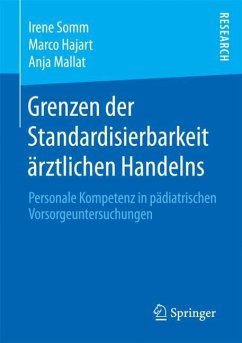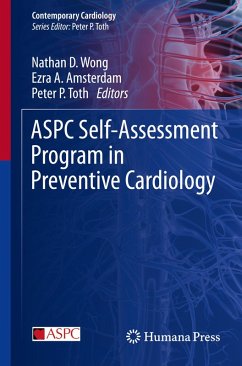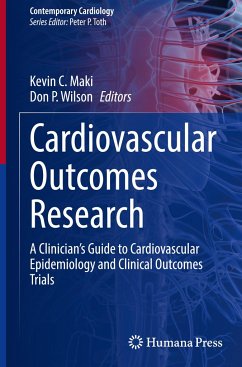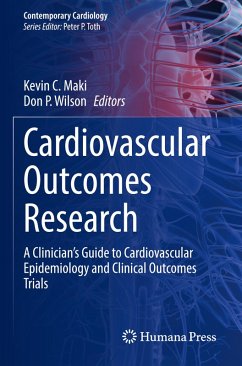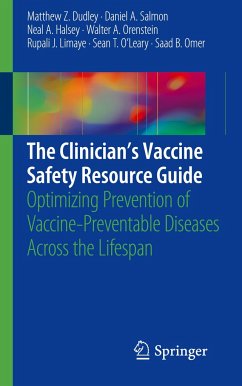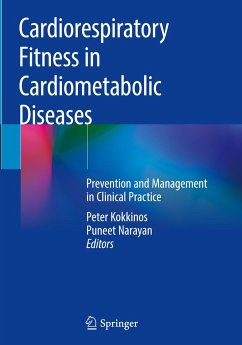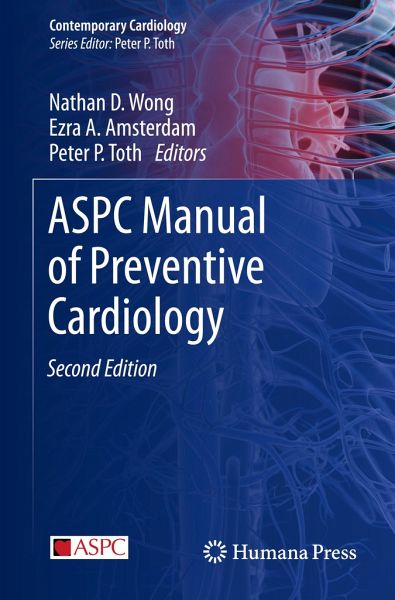
ASPC Manual of Preventive Cardiology

PAYBACK Punkte
23 °P sammeln!
Chapter. 1: Focus on Cardiovascular Health Promotion and Disease Prevention- Opportunities for Improvement.- Chapter. 2: National and Global Trends of Cardiovascular Disease Mortality, Morbidity, and Risk.- Chapter. 3: Cardiovascular Risk Assessment: From Global Risk Scoring to Risk Enhancing Factors.- Chapter. 4: Assessment and Management of Psychosocial Risk Factors within Preventive Cardiology Practice.- Chapter. 5: Dietary Strategies for Atherosclerotic Cardiovascular Risk Reduction.- Chapter. 6: Physical Activity Strategies.- Chapter. 7: Obesity Management and Prevention of Cardiovascular...
Chapter. 1: Focus on Cardiovascular Health Promotion and Disease Prevention- Opportunities for Improvement.- Chapter. 2: National and Global Trends of Cardiovascular Disease Mortality, Morbidity, and Risk.- Chapter. 3: Cardiovascular Risk Assessment: From Global Risk Scoring to Risk Enhancing Factors.- Chapter. 4: Assessment and Management of Psychosocial Risk Factors within Preventive Cardiology Practice.- Chapter. 5: Dietary Strategies for Atherosclerotic Cardiovascular Risk Reduction.- Chapter. 6: Physical Activity Strategies.- Chapter. 7: Obesity Management and Prevention of Cardiovascular Disease.- Chapter. 8: Smoking and Vaping.- Chapter. 9: Alcohol and Cardiovascular Diseases.- Chapter. 10: The 2018 AHA/ACC/Multi-Society Cholesterol guidelines: A personalized approach to risk reduction.- Chapter. 11: Blood Pressure and Hypertension Management.- Chapter. 12: Cardiodiabetology: Reducing Risks to Optimize Cardiovascular Disease Outcomes.- Chapter. 13: Antiplatelet Therapy.- Chapter. 14: Inflammation and Atherosclerotic Cardiovascular Disease.- Chapter. 15: The Role of Genetics in Preventive Cardiology: Utility of Clinically Available Genetic Tests.- Chapter. 16: Exercise Electrocardiographic Stress Testing.- Chapter. 17: Ultrasound and MRI Assessment of Cardiovascular Risk.- Chapter. 18: Role of CT Coronary Calcium Scanning and Angiography in Evaluation of Cardiovascular Risk.- Chapter. 19: Cardiovascular Disease Prevention in Women.- Chapter. 20: Racial/Ethnic Considerations in the Prevention of Cardiovascular Disease.- Chapter. 21: Prevention of Heart Failure.- Chapter. 22: Prevention of Peripheral Arterial Disease.- Chapter. 23: Prevention of Atrial Fibrillation.- Chapter. 24: Prevention of Ischemic Stroke.- Chapter. 25: Prevention of Cardiovascular Disease in Patients with Chronic Kidney Disease.- Chapter. 26: Primary Prevention of Cardiovascular Disease Guidelines.- Chapter. 27: Secondary Prevention and Cardiac Rehabilitation.- Chapter. 28: Integrative Approaches for Cardiovascular Disease Prevention.- Chapter. 29: Preventive Cardiology as Specialized Medical Art.




